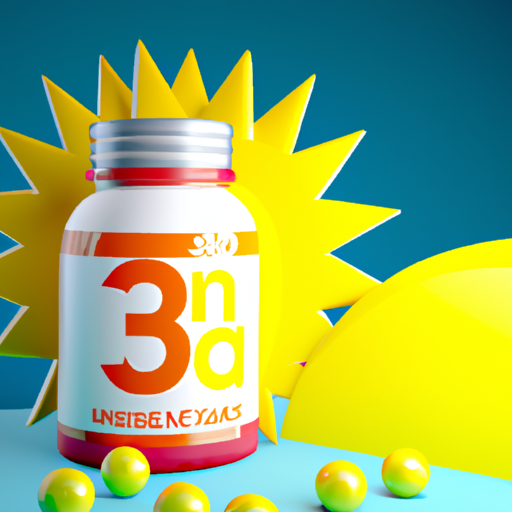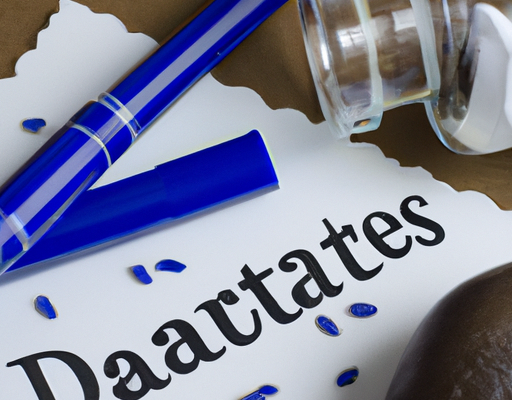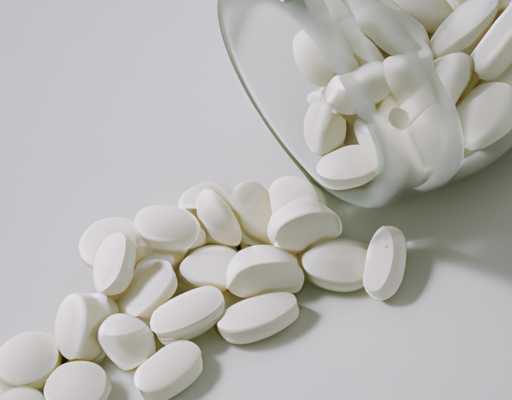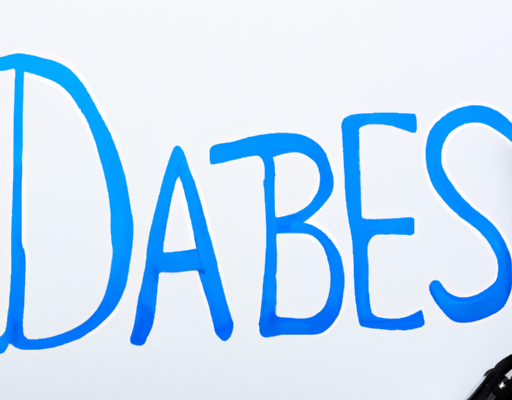Causes
Niacin, also known as nicotinic acid, is a vitamin essential for human health. Unfortunately, too much of this vitamin can lead to niacin poisoning. Excessive intake of niacin can cause a range of unpleasant symptoms, and in severe cases, it can even be fatal. Causes of Niacin Poisoning
- Ingestion of large amounts of niacin supplements
- Intentional or accidental overdose of niacin
- Taking high doses of niacin-containing medications
- Consuming large amounts of enriched and fortified foods
Niacin should only be taken in conjunction with a doctor’s advice and never as a self-treatment. To avoid niacin overdose and other associated risks, it is important to follow the dosage instructions carefully.
Symptoms
Niacin poisoning or niacin overdose is the accidental or intentional intake of too much niacin, a form of Vitamin B3. This can occur due to accidental or intentional ingestion of niacin-containing foods, supplements, or medications. Symptoms of niacin poisoning can range from mild to life-threatening. Early symptoms of niacin toxicity include nausea, vomiting, abdominal discomfort, and a flushing sensation on the skin. As the toxicity progresses, a person may experience jaundice, gastrointestinal bleeding, liver failure, seizures, hypotension, and coma. In extreme cases, niacin poisoning can result in death. Medical attention should be sought immediately for anyone experiencing any of these symptoms. Early diagnosis and treatment can help prevent further complications and potentially life-threatening complications.
Treatment
Medicine or treatment for niacin poisoning depends on the severity of the symptoms. In mild cases, the symptoms can be managed at home by reducing niacin intake, or sometimes by taking antacids or anti-inflammatory medications. In more serious cases, the patient might need to be hospitalized to receive intravenous fluids in order to replace fluids lost due to nausea and vomiting. In cases of niacin overdose, activated charcoal is also given orally to absorb any remaining toxins in the body. In severe cases of niacin poisoning, dialysis may be necessary to help remove the toxins from the body and replenish electrolytes. Regardless of the severity of the niacin poisoning, it is essential to seek medical attention as soon as possible to reduce the risk of any long-term complications.
Precautions
When taking any medication, it is important to be aware of the potential risks that can occur with its use. Niacin poisoning is one of those risks. It is important to use niacin only as directed by a doctor or pharmacist and to be aware of any adverse reactions that may occur. People who have allergies to niacin or any of its components should not take the medication. Those who have liver or kidney problems should also consult their physician before taking niacin. It is also important to avoid taking niacin in combination with any other medications. Additionally, it is essential to avoid exceeding the recommended dosage of niacin to prevent possible poisoning. Taking more than the recommended daily amount of niacin can lead to serious health risks, including skin rashes, nausea, vomiting, and even coma.
Related Conditions
Niacin poisoning, although rare, is a potentially serious medical condition. It occurs when too much niacin, a form of vitamin B3, is ingested. Symptoms of niacin poisoning include nausea, vomiting, abdominal pain, headache, and a red, itchy skin rash. People who suffer from niacin poisoning may also experience dizziness, fatigue, and confusion. In severe cases, the condition can lead to liver damage and even death. It is important to seek medical attention immediately if you suspect niacin poisoning, as the condition can be fatal if left untreated. People with a history of liver disease, alcoholism, or certain medications should be especially cautious when taking niacin supplements. It is also important to note that other vitamin B deficiencies can cause symptoms similar to niacin poisoning and should be treated promptly as well.





No Comments